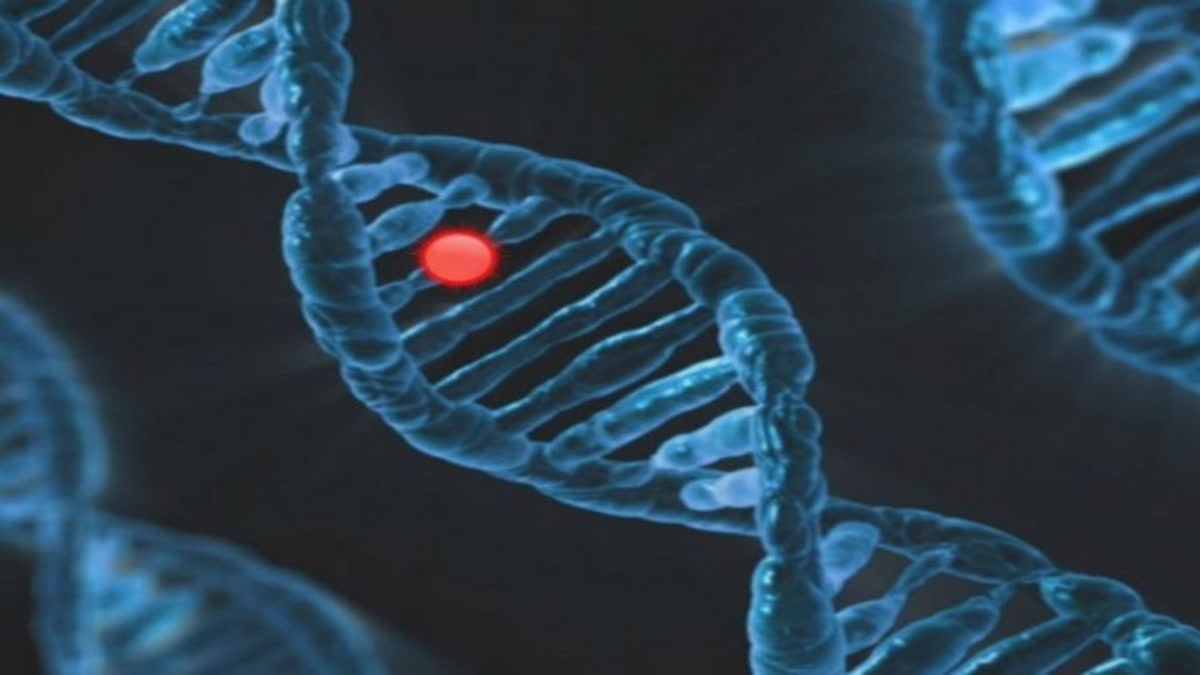New Delhi: A study to analyse gene interactions has led researchers to conclude that evolution may not be as unpredictable as previously thought. The team of researchers said examining how a genome evolved could provide clues about its trajectory, rather than it being determined by "numerous factors and historical accidents".
According to previous studies, evolution or the process of natural selection is largely seen as "unpredictable" because genetic variations are thought to occur randomly. The team, led by the University of Nottingham and Nottingham Trent University, the UK, said the findings could help scientists explore which genes could be useful in tackling issues such as antibiotic resistance, diseases and climate change.
They analysed the pangenome of a bacterial species - the complete set of genes within a given species - and found "an invisible ecosystem where genes can cooperate or can be in conflict with one another". "These interactions between genes make aspects of evolution somewhat predictable and furthermore, we now have a tool that allows us to make those predictions," said Maria Rosa Domingo-Sananes of Nottingham Trent University who is the author of the study published in the journal Proceedings of the National Academy of Sciences (PNAS).
On a dataset of 2,500 complete genomes from a single bacterial species, the team ran machine-learning algorithms to make "gene families" from each gene of each genome. A genome is an arrangement of genes in a specific order. "In this way, we could compare like-with-like across the genomes," Dr. Domingo-Sananes said. The researchers then analysed patterns of how these families were present in some genomes and absent in others.
